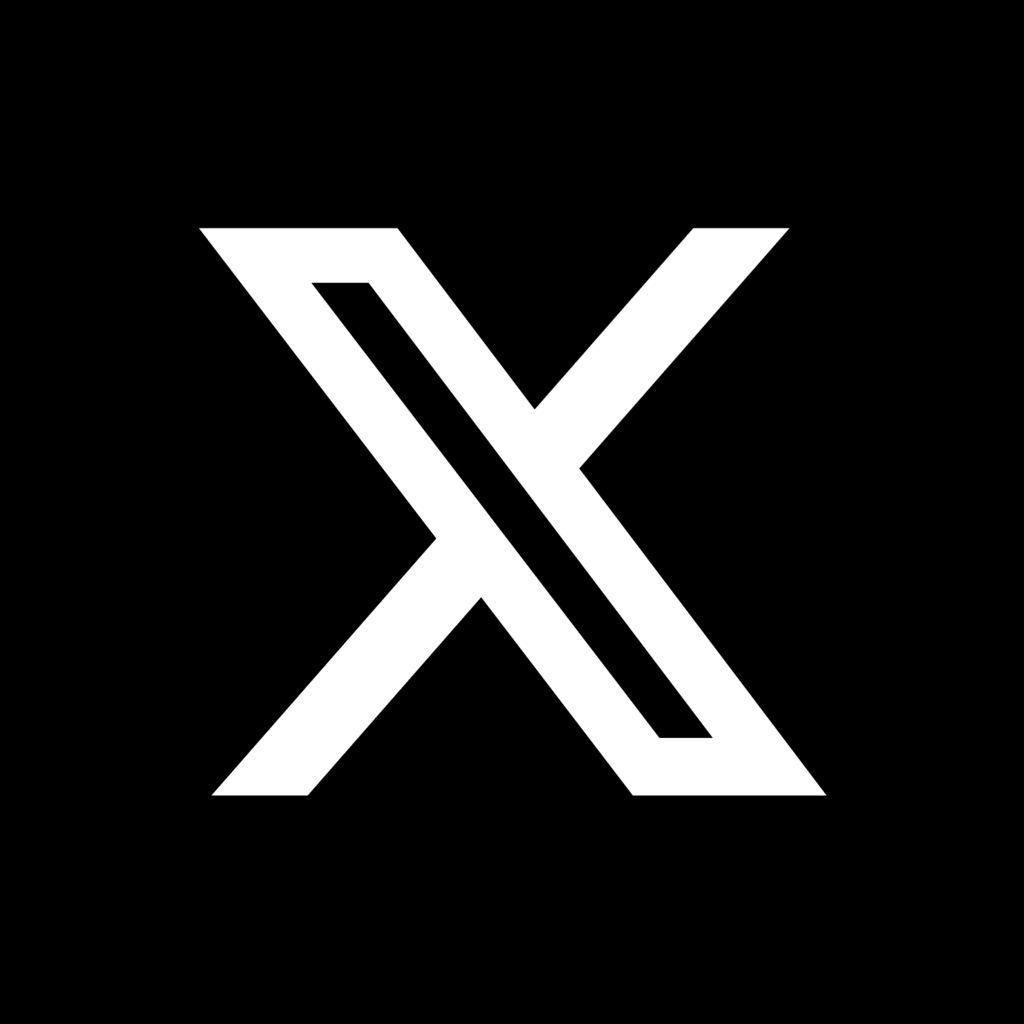View attachment 66789
Democratic Republic of the Congo - Investment Climate Statement
The U.S. Department of State’s Investment Climate Statements provide information on the business climates of more than 170 economies and are prepared by economic officers stationed in embassies and posts around the world.
They analyze a variety of economies that are or could be markets for U.S. businesses.
The Investment Climate Statements are also references for working with partner governments to create enabling business environments that are not only economically sound, but address issues of labor, human rights, responsible business conduct, and steps taken to combat corruption.
The reports cover topics including Openness to Investment, Legal and Regulatory Systems, Protection of Real and Intellectual Property Rights, Financial Sector, State-Owned Enterprises, Responsible Business Conduct, and Corruption.
Mining investment and exports, supported by improving mineral prices and increasing public investment, remain the main drivers of growth.
The DRC is endowed with exceptional natural resources, including mineral deposits (cobalt, copper, etc.), great hydroelectric potential, vast arable land, tremendous biodiversity, and the second largest tropical forest in the world.
Its strategic location in the heart of Africa makes it a potentially attractive market for U.S. companies.
Félix Antoine Tshisekedi Tshilombo’s ascension to the presidency in 2019 and his government’s commitment to attracting international, particularly U.S., investment have raised hopes in the business community for greater openness and transparency.
Reflecting progress on human rights, anti-corruption, and labor, the GDRC became eligible for preferential trade preferences under the Africa Growth and Opportunity Act (AGOA) in January 2021.
Tshisekedi created a Business Climate Unit (CCA), a presidential unit dedicated to addressing issues related to the business climate.
Overall investment is increasing, fueled by multilateral donor funding and private domestic and international financing.
The extractive sector has historically attracted the most foreign investment and continues to attract investor attention as global demand for DRC’s minerals grows.
The primary mineral sector is the country’s main source of revenue.
Exports of copper, cobalt, gold, coltan, diamonds, tin, and tungsten account for more than 95 percent of the DRC’s export revenue.
Overall, businesses in the DRC face numerous challenges, including poor infrastructure, a predatory tax system, and corruption.
While laws protecting investors are in place, the court system is often very slow to make decisions or follow the law, allowing many investment disputes to drag on for years.
The court system lacks basic digitalization to track cases, record decisions, or provide judges with resources needed to make well-informed decisions.
Judges, who earn low wages, are open to corrupt influences.
Concerns about the use of child labor in the artisanal mining of copper and cobalt have discouraged potential buyers.
U.S. government assistance programs to build capacity for labor inspection and enforcement are helping to address these concerns.
The GDRC’s announced priorities include increased efforts to combat corruption, electoral reform, a review of mining contracts signed under the Kabila regime, and improvements in mining revenue collection.
To access the ICS, visit the U.S. Department of State
Investment Climate Statements website.
www.trade.gov/country-commercial-guides/democratic-republic-congo-investment-climate-statement
View attachment 66790
View attachment 66791

x.com
